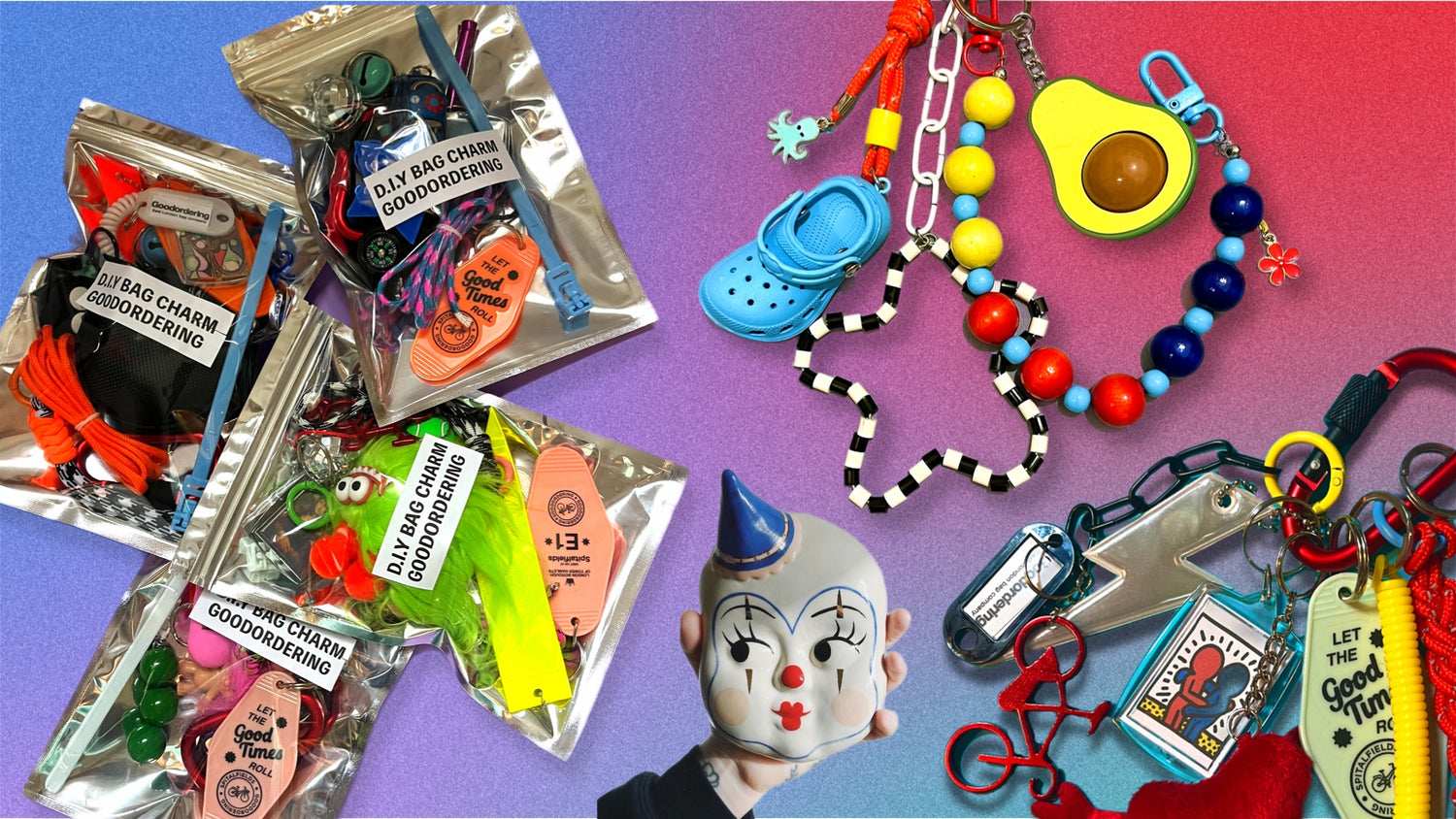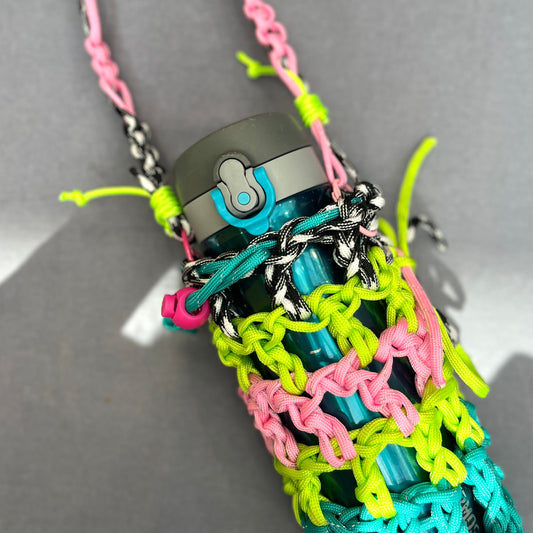AI is all the buzz at the moment. Its a bit of fun for the general population and a bit of an unknown to most people. Unless you are a creative or a writer or someone who it has directly affected you might not be thinking about the ethical considerations of this new technology. This article breaks down some of the things to think about when it comes to the ethical implications of ai. Its a judgement free look at the technology and nothing more than an exploration of aspects to consider in relation to the use of artificial intelligence, mostly relating to the creative industry.
"Early on, it was popularly assumed that the future of AI would involve the automation of simple repetitive tasks requiring low-level decision-making. But AI has rapidly grown in sophistication, owing to more powerful computers and the compilation of huge data sets." Harvard Gazette
AI presents three major areas of ethical concern for society: privacy and surveillance, bias and discrimination, and perhaps the deepest, most difficult philosophical question of the era, the role of human judgment, said Sandel, who teaches a course in the moral, social, and political implications of new technologies.
Privacy and Surveillance
Bias and Discrimination
The role of human judgement
Crediting, ownership and intellectual property
When using AI tools to generate art, graphics including logos, images and even photos, it is a grey area as to who should be credited with the creation and ownership of these images. Is it the AI tool maker or the person who creates the prompts?
AI tools generate the images. Apps like DALL-E 2 by OpenAI and Midjourney are trained on vast datasets of images scraped from the Internet, learning to recognize patterns and styles which they then reproduce in new compositions. This process raises ethical concerns, as artists who share their work online may inadvertently be contributing to the development of AI systems that could potentially compete with or replicate their distinctive styles.
Read on










